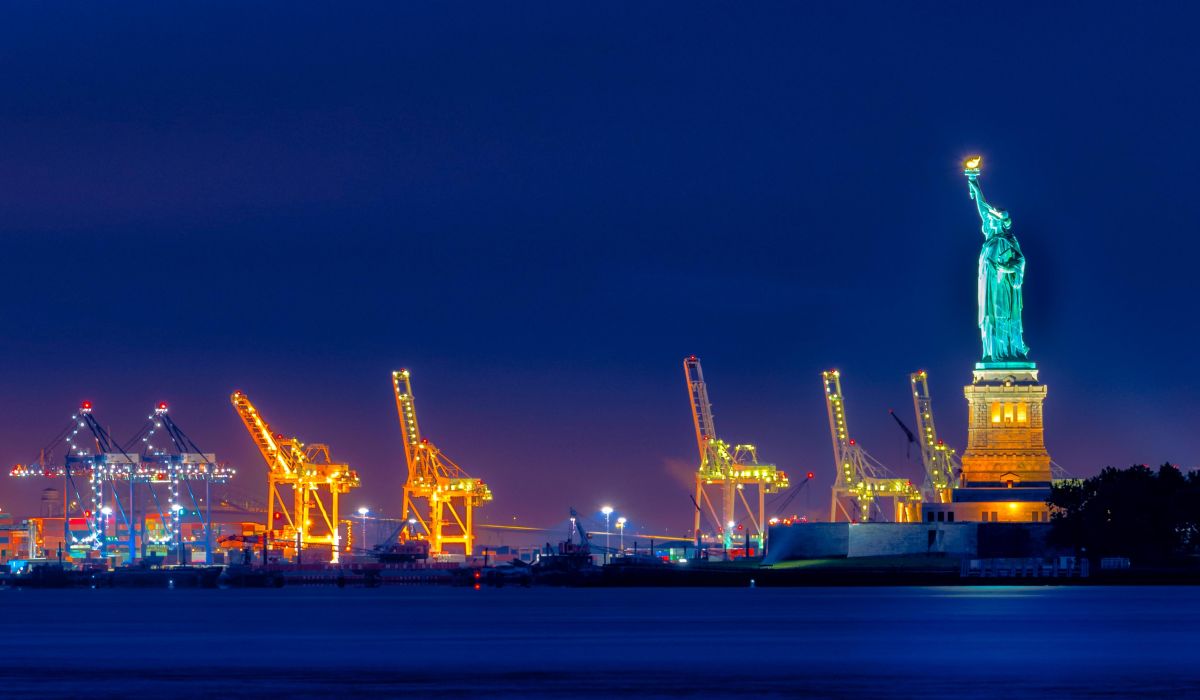A massive strike at key East and Gulf Coast ports is threatening to cripple the U.S. auto care industry, with potential losses estimated at nearly $340 million per day. The strike, involving 45,000 dockworkers, is expected to cause significant supply chain delays, jeopardizing the availability of critical automotive parts and services nationwide.
The 36 ports impacted by the strike include the Ports of Boston, New York/New Jersey, Philadelphia, Baltimore, Norfolk, Wilmington, Charleston, Savannah, Jacksonville, Miami, Tampa, Mobile, New Orleans and Houston, and handle a significant portion of the auto industry’s imports and exports. J.P. Morgan analysts project that for every day the strike continues, it will take five to seven days to recover from the delays, with a potential $5 billion daily cost to the U.S. economy.
The Auto Care Association, representing the interests of the automotive aftermarket industry, expressed deep concerns over the strike's impact.
“Each day that this strike continues, not only does our industry lose out on hundreds of millions of dollars in business, but the nearly 300 million Americans who drive are more at risk on the road as access to service and repair of their vehicles diminishes,” said Bill Hanvey, president and CEO of the Auto Care Association.
Automotive parts, which make up $138.9 billion of U.S. imports annually, are now at risk of severe shortages. In 2023, nearly 25% of auto parts were imported through these ports. While some shipments have been diverted to West Coast ports, these locations are also facing a surge in cargo, slowing the movement of goods even further.
With the U.S. auto care industry employing more than 4 million workers, the cascading effects of the strike could impact jobs and the availability of essential repair services across the country. The Auto Care Association continues to urge the Biden administration to facilitate a resolution between the labor unions and port operators.
The strike is the first since 1977, and comes after prolonged negotiations failed to yield an agreement with the U.S. Maritime Alliance, the representative body for the ports. According to the International Longshoremen’s Association, the deadlock centers around what they describe as an "unacceptable wage package" and the controversial issue of automation, which they demand be completely banned.
In July, Greg Horn of PartsTrader warned the looming strike could be a threat to the continued improvement in parts delivery times to shops.
“To give you an idea of what an East Coast and Gulf Coast strike would be like, seven of the top 10 [U.S.] ports would potentially be impacted by a strike,” Horn said. “It will impact not only the aftermarket [parts] coming in from Taiwan through the Panama Canal for deliveries to the East Coast, but we also get a lot of vehicle components for European [automaker] vehicles that are being manufactured in Alabama, South Carolina, etc.”













